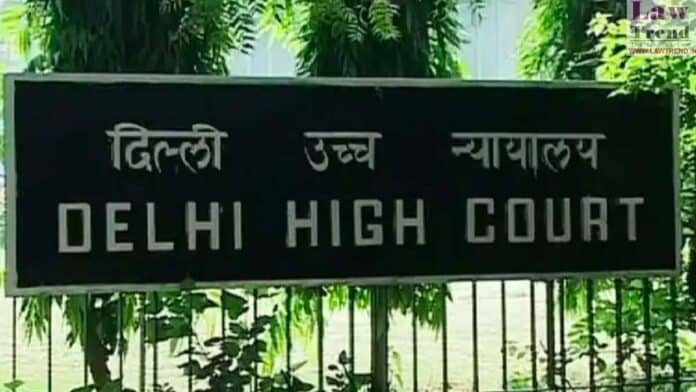Schools carrying forward unfilled seats under the economically weaker section or disadvantaged group categories to the next class in the subsequent year does not infract the Right To Education (RTE) Act or any other legal provision, the Delhi High Court said on Monday.
The high court said admission of EWS/DG students to the extent of at least 25 per cent of the strength of its entry level class is the statutory obligation of every school which falls within Section 2(n)(iv) of the RTE Act.
If a school defaults, there is nothing illegal in directing it to make up the deficit in the next higher class in the next year, it said.
“The court holds that the principle of carry-forward of unfilled EWS/ DG category vacancies in a particular class in one year, to the next class in the next year in the same school, is legal and valid, as has already been held by the division bench,” Justice C Hari Shankar said in a 40-page judgment.
The court’s verdict came while dealing with a plea by the mother of a 5-year-old girl who was denied admission in KG or Pre-Primary class under EWS/ DG category by a private school thrice for the academic sessions 2021-2022, 2022-2023 and 2023-2024.
In the interim, the court had in September directed the school to provisionally admit the child in class I in the 2023-2024 academic session as an EWS student, subject to the final outcome of the petition.
While disposing of the petition, the court said the girl shall continue to study as an EWS student in class I in the same school till the end of the present academic year as it would be completely opposed to her interests to uproot her mid-session from the class.
It ordered the Directorate of Education (DoE) shall ensure that she is admitted to Class II in one of the neighbourhood schools in 2024-2025 as an EWS/ DG candidate.
DoE shall ensure that the child continues to receive education in the said school till the age of 14, as per the provisions of the RTE Act and it shall bear the fees for her education in accordance with the law.
Also Read
“At the end of the day, one factor that the court cannot afford to ignore is that the child is innocent, and is not to blame for anything that transpired. In the chiaroscuro of light and shade, of directives, judicial orders and reversals that have taken place, she stands out alone, in sharp relief. Her interests have, therefore, to be secured,” Justice Shankar said.
“It is a matter of considerable regret that, almost on a daily basis, this court is encountering cases in which schools and the DoE are at odds on the aspect of admission of students belonging to the EWS of society. In most such cases, the school is unwilling to admit EWS students against carry forward vacancies’ of previous years, which remained unfilled,” the court said.
The school placed on record a tabular statement to demonstrate the number of EWS/ DG admissions it had made from 2015-2016 to 2022-2023 from which it could be seen that the institution never fell short of the 25 per cent general category admissions in any year.
The Right to Education Act mandates reservation of 25 per cent of seats in entry level classes for EWS and DG category students.




